How Australia’s sex worker industry has changed over the past decade
FROM STI rates to private sex work, Australian sexual appetites have transformed in the last decade. Here’s what’s changed.
TEN years ago, Australia’s sexual appetite was very different. Not only have our sexual desires changed over the past decade, our wants and needs have also vastly affected the way sex workers conduct business.
A recent monumental study has compared today’s sex industry with what it was like in 2007, specifically looking at the health and wellbeing of sex workers in Western Australia.
While sex work is technically illegal in WA, the information in the Western Australian Law and Sex Worker Health (LASH) Study has implications for the rest of the country.
Here’s how our sex industry has changed.
UNPROTECTED SEX ON THE RISE
Client requests for unprotected sex is common and while most sex workers said their clients always used condoms for vaginal (67 per cent) and anal (59 per cent) sex, only one-third of sex workers said their clients wore condoms 100 per cent of the time for oral sex.
While the study associated a rise of pharyngeal gonorrhoea, a throat STD, in Sydney to those statistics, one prominent figure in the sex industry disputed that.
Cameron Cox, the CEO of the Sex Workers Outreach Project, said people who don’t work in the sex industry are increasingly using less and less condoms.
“The non-sex working community are less interested in condoms nowadays. STIs are skyrocketing at the moment and have been especially over the last five years,” Mr Cox told news.com.au.
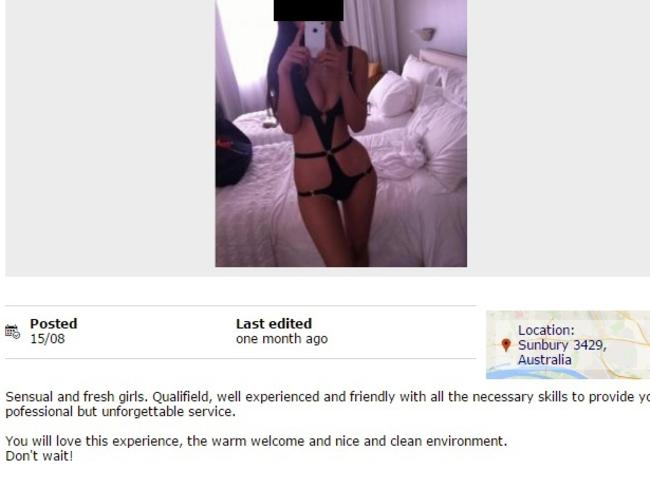
A recent report by SBS Radio Thai, that aired on The Feed earlier this month, found the way NSW councils conduct investigations into non-complaint brothels or massage parlours offering sex has been detrimental on sex workers using protection.
NSW private investigators, tasked with proving sex is going on at illegal massage parlours by having sex with the non-compliant workers themselves, generally leave with condoms as “proof” they’ve received a “full service”.
This means workers in the massage parlours are rarely provided with condoms, as owners fear they’ll be used as proof to close them down.
“Private investigators look for anything whether it’s a bowl of condoms or condoms in a drawer which makes the owners very reluctant to have them available. One sex worker told us her owner didn’t want them on his premises at all and would leave them in his car glove box instead.
“So, you can imagine if you’re giving a client a massage and then he gets in the mood and wants to have sex, you have to walk back out to your boss, get his keys, get protection from his car and hope that by the time you’ve done all that your client is in the mood.
“That makes sex workers weigh up the risks of whether it’s worth their time doing all that and potentially losing that money,” Mr Cox told news.com.au.
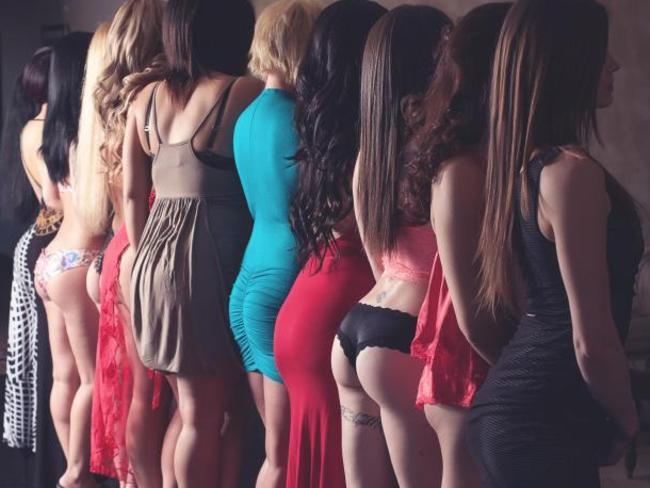
In particular, massage parlours are increasingly offering “bareback” services where sexual acts are performed without a condom.
Countless websites advertise exactly where customers can get these services in Australia with the websites even listing reviews of the women.
“She wanted to give a blow job with a condom but no way to do that,” one wrote.
“She gave a really good bareback blow job,” another said.
And sometimes, even when the workers say “no” to bareback, clients continue without consent.
“She offered to have full sex and the client secretly took off the condom. She cried and didn’t know what to do. The client didn’t care about her at all,” Joy told SBS, in regards to a friend she knows that has been abused.

FINDING SEX ONLINE
Looking for sex online is easier than ever in 2017 as brothels and sex workers take charge of their own business via the internet.
A study from 2011 also found sex workers who advertise online are often less at risk than those who are street-based.
Mr Cox, who started as a street-based sex worker, moved online when sex work became decriminalised in NSW.
“We find sex work online by advertising ourselves and we found that clients started to use [the internet] fairly extensively and less started to go where sex workers were on the street,” he said.
A large reason why sex workers moved online Mr Cox says, also has to do with newspapers charging them a premium for their ads.
“If I’m a plumber, I can put an ad in the paper every Tuesday for $50. But if I’m a sex worker they’ll make me buy a full week of ads and will charge me more than normal. Sometimes up to $900,” he said.
While most sex workers have benefited from advertising online, it has also encouraged clients to push harder and actively seek out places that offer unprotected sex.
But it’s not just the clients encouraging sex workers for “bareback” services — the websites even advertise for it.
“As a leading brothel, we concern your experience here, so some new services are available now, including girlfriend experience, cover blow job (CBJ) and bareback blow job (BBBJ),” one website reads.
In Western Australia, where most prostitution-related activities are prohibited, sex workers’ risk taking has increased.
As the state’s legislation gets stricter, the sex industry continues to see a downturn which forces workers to accept risky situations like agreeing to unprotected sex or seeing clients they’re not sure about.
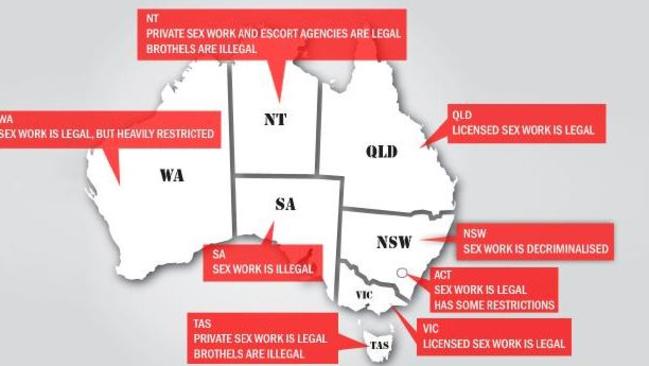
PRIVATE SEX WORK
The study found that of all types of sex work, the biggest increase came from private sex work — of workers visiting clients’ homes.
There was a decrease in brothel-based and street-based sex work, perhaps because of the increasingly difficult nature of being a “legal” sex worker in Western Australia.
Mr Cox, who works as a home-occupied sex worker in New South Wales, has been in the industry for four decades.
His work is completely legal and DA-approved but even with the law behind him, Mr Cox said there’s still a stigma around sex work.
“There’s still a lot of discrimination. It took me 20 years to tell my mum,” he said.
Another factor of the study found that stigma and discrimination were still major upsets for people that work in the sex industry.
The study also claimed that the rise of private sex work made it harder for outreach groups to interface with sex workers and reach out to those in the industry.
But Mr Cox, who speaks to more than 5000 sex workers and visits 500 establishments each year, disagreed.
“In Western Australia, where people have to hide because they’re hiding from the law, it’s not particularly easy to speak to workers but in Sydney it can be an advantage,” he said. “When it was street based, we’d walk down with some coffees, condoms and leaflets and chat face-to-face. Now, we do a lot of that work on the internet. We have a website so sex workers come to us and we make ourselves available to them.”
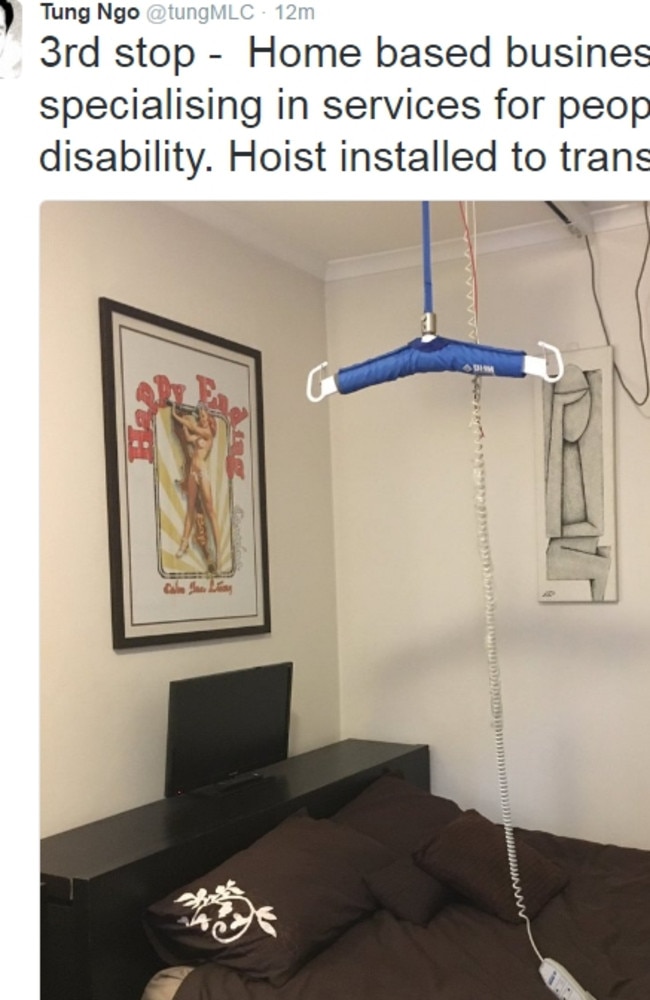
DECRIMINALISING THE INDUSTRY
Studies have suggested that decriminalising the sex industry is the best way to go for workers.
The WA LASH Study found specifically that sex workers were more susceptible to abuse from clients because of their fear about being caught.
Some clients, while holding the fear of prosecution over their heads, abused sex workers, knowing they were too afraid to go to the police.
Mr Cox, who has written an industry handbook alongside Safe Work NSW and the Health Department, has come up with a list of standards and health and safety guidelines for those working in the sex industry.
Prostitution in Australia is governed by state and territory laws meaning its degree of legality differs in each.
New South Wales and the ACT have the most relaxed laws in Australia but any non-compliant or illegal brothels, such as those in Victoria and Western Australia, are unable to even receive the handbook.
“It’s normal, helpful information for sex workers and the do’s and don’t’s for client safety but they aren’t allowed to have them, because of the laws,” Mr Cox said.
Jules Kim, the CEO of Australia’s peak sex worker association Scarlett Alliance, strongly agrees with decriminalisation.
“Police definitely aren’t the most appropriate people to be regulating the sex industry. The crackdown isn’t good and cops’ heavy-handedness hasn’t helped,” she told news.com.au.
“Decriminalisation has always been the best way for sex workers’ health and human rights. Many government reviews support it,” Ms Kim added.
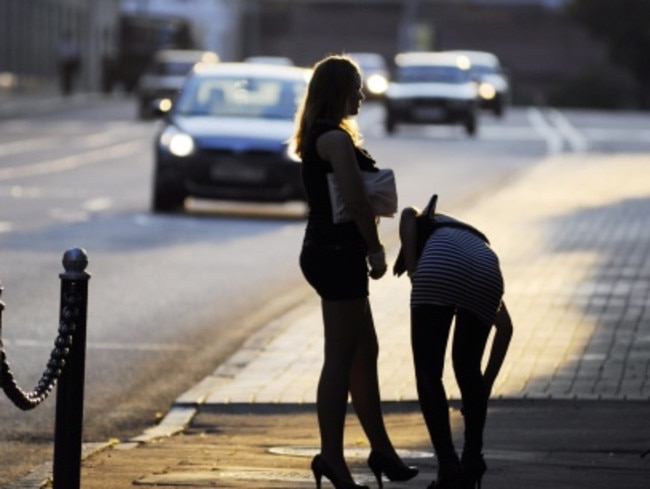
Originally published as How Australia’s sex worker industry has changed over the past decade




